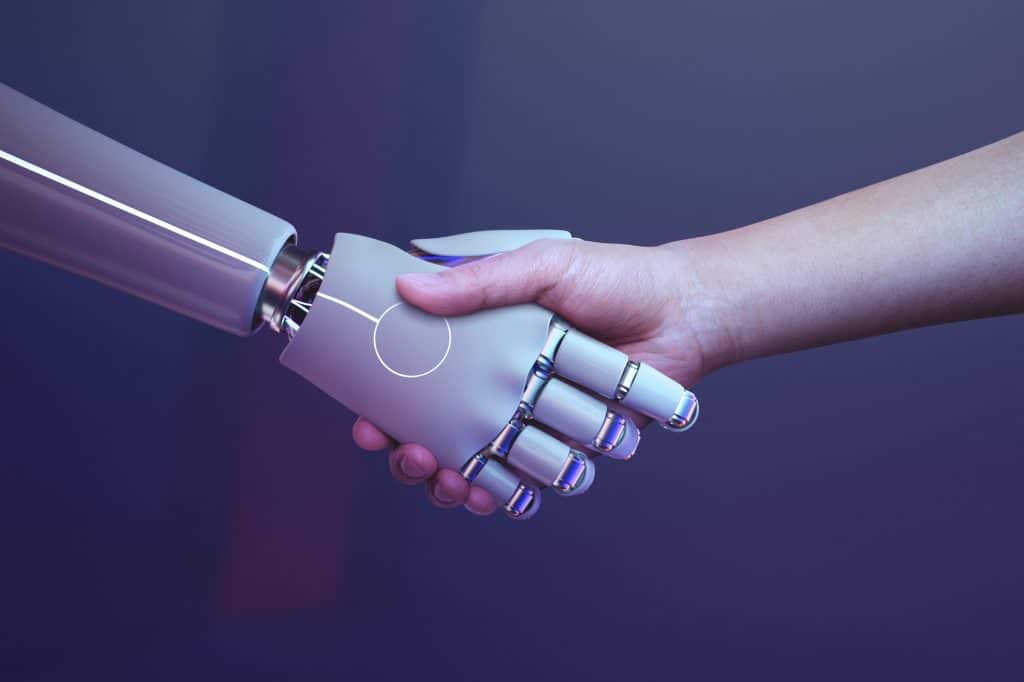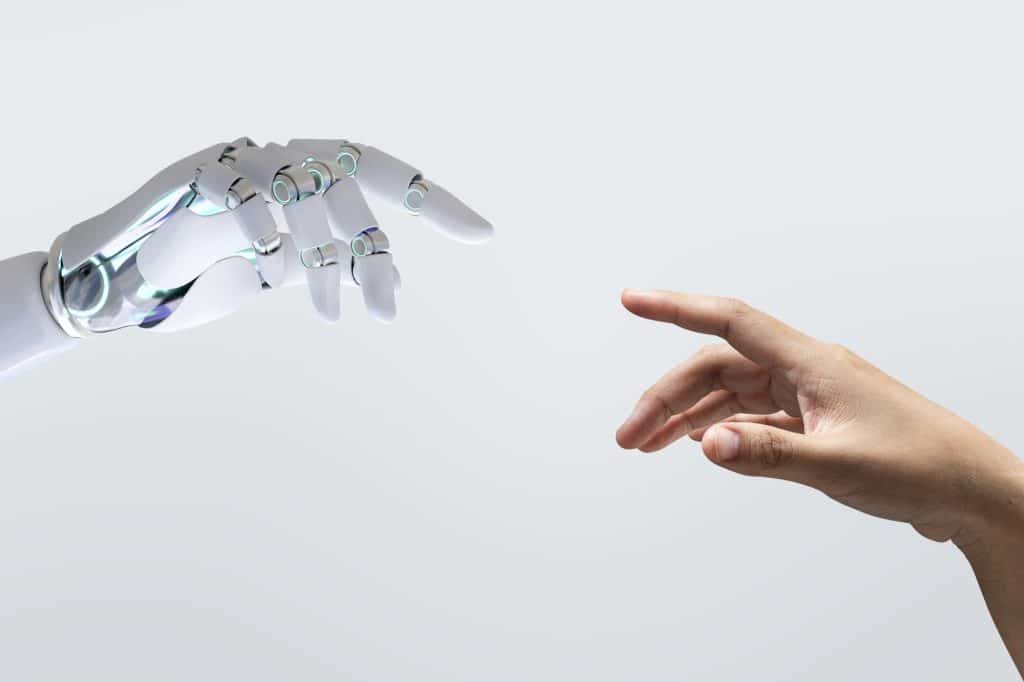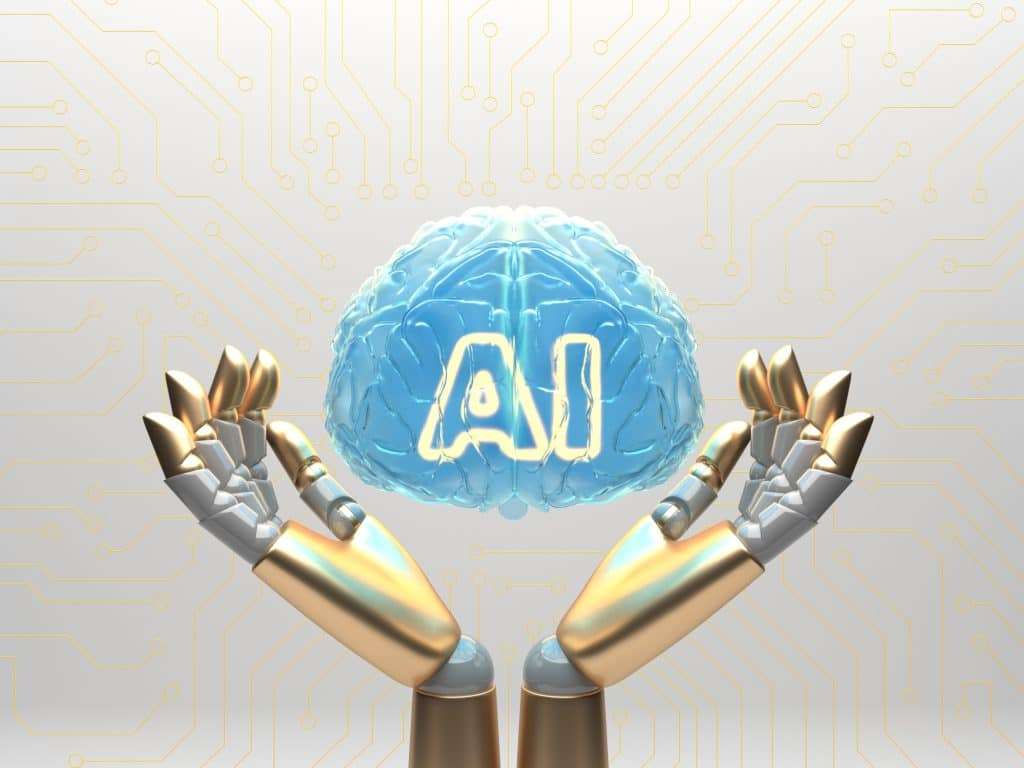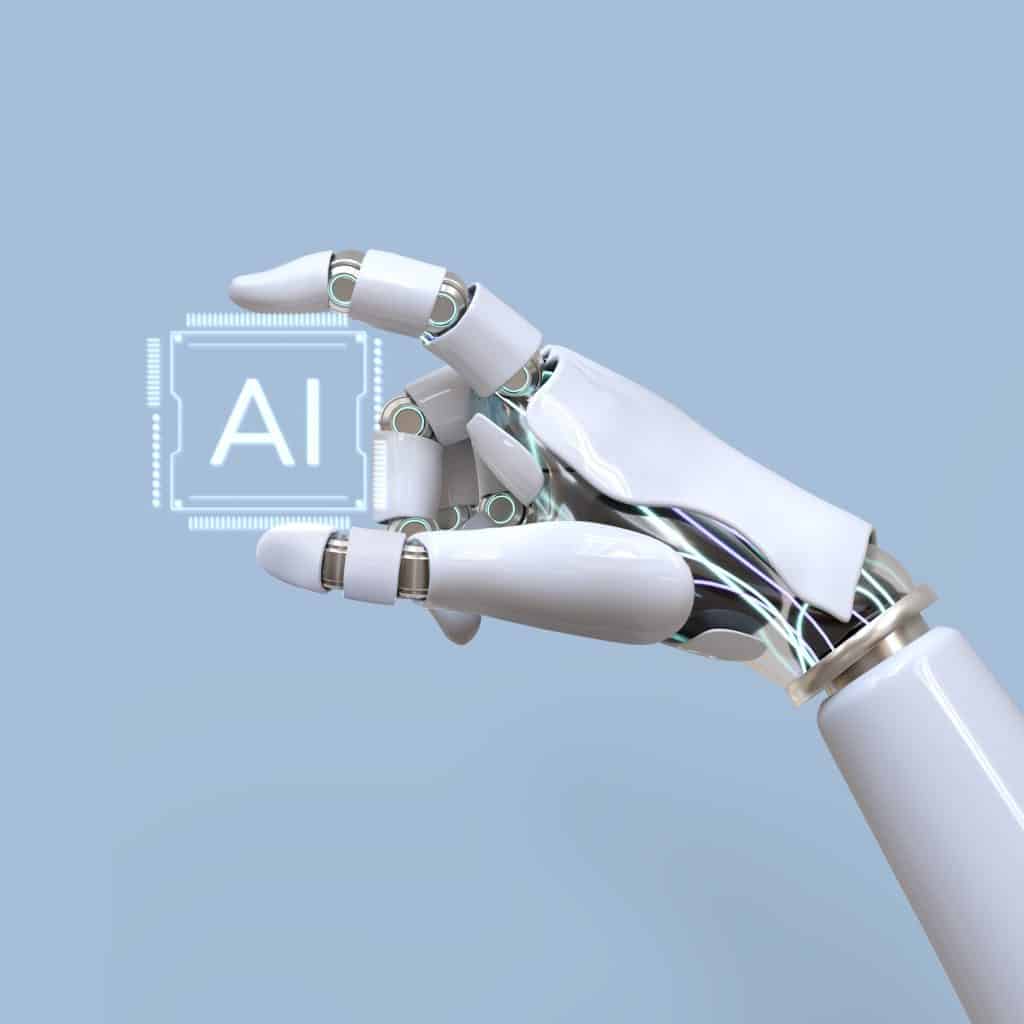In recent times, The Rise of AI plague has been transformed from a niche field into a mainstream technology. It has actually resized the fundamental parameters of our mere, everyday lives. The scientific enquiries and theorists’ explorations have been innovated. They have moved to being a cornerstone of the raging modern adaptation. This branch of knowledge is now an inevitable part of utility.
AI’s journey commenced with non-profit investigations. They then evolved into the inception of corporate giants such as OpenAI and Meta. To this end, AI has played a critical role in social growth. It also emphasizes its interest bio of future progress.The Rise of AI is nothing more than a technological evolution but a compelling reversal of how we connect with the world.
It also alters our face to face conversation with others. AI heightens personal online experiences. It also modernizes the frameworks. AI is a part of our lifestyle quite easily and with minimal props. Virtual assistants are the actual artisans of AI’s behind-the-scenes influence. Customization algorithms also tell us of AI’s strong perceptive power. The next instance of AI’s control is predictive analytics and the technology uses to steer our decisions and habits towards different paths.
It’s this conversion from non-profit consulting to profit-advising businesses that indicates a shift in the power balance of AI development. In the beginning, the research around AI was led mainly by the academic institutions and non-profit organizations. The main idea was to expand the knowledge and produce the necessary technology for all the humanity to use.
These first attempts were those that set the foundation for the technology that would later become the technological revolution we know today. However, AI had started as a part of the great capacity of AI became so commercial that even companies such as OpenAI were co-founded by the person known as Elon Musk.
These companies began with the idea of making AI technologies accessible for everyone, in other words to democratize access to AI.
They focus on its safety and ethical use as well. Moreover, the adaptive Hal-hybrid URAD (URAD (Unified Remote Adaptive Device) shipped by OpenAI was a non-profit organization at first.
It was transformed into a capped-profit held company later. By means of additional partners charts and involvement from Microsoft with digital giants OpenAI is still maintaining its effort in leveling up to new heights through continuous technology progress.This AI does not comply with any constraints. Just the same, multi-billion-dollar behemoths, for instance, Meta (earlier Facebook), have been making substantial investments in AI studies to complement their increasingly more powerful platforms and services.
In this light, Meta has put into action tons of AI-powered projects that are centered around the purpose of elevating people’s experiences. Such projects may include the allocation of proper resources, proper content moderation, and the development of ground-breaking products. AI is used in the sector of computers and programming which has been growing and evolving at an unbelievable pace. On the one hand, it has led to a rise in society, but on the other hand, it is posing significant ethical and practical difficulties concerning the overwhelming AI influence.

The Rise of AI highlights both the positive sides and the negative ones of it, which in the long run are going to affect our future profoundly. AI makes progress in the fields like medicine, money, and education thereby changing the way in which things are and increasing the efficiency and experience of human beings. The adaptive educational systems with improved real-time focusing as well as the change in scope of the work from stockbroking to asset management and trading using AI are now being developed.
However, the seamless and quick development and application of AI technologies bring about various ethical and societal issues. Concerns about privacy, data safety, and an AI system’s possibility to have prejudice are the topics that are continually under discussion. The AI’s development industry is highly concentrating its knowledge with few big players and this is a path to problems that are related to the monopoly and the social equity of the technological benefits.
Currently, we are trying to shed light on the evolution of AI. It is necessary to analyze to what extent these innovations shape the present and future. The ongoing AI inventions show the possibility to create a more connected, efficient, and informed world. On the other hand, the ethical aspects should be taken into account before we go any further. Not only legal but also societal implications have to be considered to ensure that AI is beneficial for the mankind.To sum up, The upsurge of AI illustrates a new epoch of technology and society.
We can improve our skills in programming by learning about the initial academic phases of AI and also tracking today’s corporate strength. One of these ways will be by researching for possibilities that AI presents. The other way is to work together. Ethical principles should be promoted. The guarantee of AI technology equal access to every sector is a prerequisite. These actions will be the real solutions that will allow us to reveal its unlimited capacity for everybody.
“The progress of AI is the human potential and the innovation through the technology.”

Table of Contents
The Origins of AI: Visionaries and Innovations
The Rise of AI started from those thinkers who invented and made great innovations in history. In the beginning, AI was a pioneering field of academic and non-profit organizations. Its primary motive was the progress of science and engineering and finding the best technologies for the good of the community. The early stars such as Alan Turing, a brilliant mathematician, and John McCarthy who spearheaded AI made the first steps. They envisaged machines which could perform duties that usually humans did.
The Shift to Profit-Driven AI
AI technologies have become much more sophisticated, and have thus become more applicable to commercial use. In the shift from research without business goals to the lucrative venture capitalists, The Rise of AI corporations such as OpenAI became the very sign of the change. The launching of OpenAl, co-governed by Elon Musk, was an effort to democratize the AI field and maintain its safe usage. But soon, the situation changed significantly, with AI advancing its scope and attracting solid investments from technology gurus.
OpenAI: Balancing Ideals and Commercial Interests
One of the most prominent examples of AI’s broad influence on the business sector could be seen in the case of OpenAI, which was originally a non-profit organization. The early mission of OpenAI was to create artificial general intelligence (AGI) which is beneficial for the whole of humanity. But controlled AI is resource-intensive. This necessity allows for working with companies like Microsoft. Through these partnerships, OpenAI became capable to scale its solutions.
One of the results of this partnership is the development of GPT-3, which is one of the most potent language models ever created. These innovations are deemed as extraordinary accomplishments. Nevertheless, the achievements also voice ethical issues. There are concerns about the use of AI in society.

The Rise of AI: 5 Positive Impacts
- Healthcare Innovations: The application of AI in the medical field has substantially changed both the building of diagnoses and the designing of treatment plans, thereby delivering better patient outcomes.
- Productivity Boost: AI tools that are powered by are some of the means through which a company can reduce costs and errors and thus, become more effective.
- Scientific Discoveries: Machine-learning is the driving force behind AI-based research, thus, it is very helpful to scientific discoveries allowing tasks like organic molecule synthesis and nuclear fusion that were deemed very difficult to automate until now, to be quickly accomplished.
- Access to Information: AI is the engine behind a knowledge democratisation process that has enabled the translation of information, the provision of services in every language, connecting people globally and eliminating geographical barriers.
- Enhanced Connectivity: The development of artificial intelligence has bridged the gap among people in various parts of the planet, all thanks to super-fast communication technologies.
Positive Impacts of AI
AI revolution in training and treatment planning has also very positively affected the healthcare sector. One of the best ways to explain the impact of AI is by telling about a situation in healthcare where a patient is diagnosed with a disease. In this scenario, AI systems can be used to support decision-making by analyzing patient data and offering a confirmed diagnosis to the doctor without requiring professional expertise.
Besides, the most significant benefit of products operated by robots in that case is that they are productivity and efficiency enhancers in the manufacturing and banking spheres, respectively. On the other hand, the discovery of new potential in drug development which leads to a better condition of health and environmental change prevention is also achievable through AI.
The field of information and services is not only controlled by personal interests, but it also exceeds national borders as diverse cultures can Exchange knowledge through it. One of these types of language models comes from OpenAI and is used by many bloggers, news articles, and others who work remotely. This virtual idea that people acquire does so by going through a process of learning.
Consequently, it is a crucial matter that the knowledge of these computer technologies should be accessible to everyone, so that their extreme capabilities are no longer hampered by the lack of information. Thus, researchers and practitioners are now at the verge of creating a world that is more interconnected and thus informed as well through the application of AI.
Challenges and Ethical Considerations
Despite its many benefits, The Rise of AI also presents significant challenges. One of the most pressing issues is the ethical use of AI. With the advent of more self-learning AI systems, demands for accountability and transparency also continue to grow. For example, the introduction of AI to the field of public surveillance and law enforcement has prompted widespread talks about privacy and human rights.
A few big companies are the primary force behind AI development. This is alarming so far as the situation with the monopolistic practices is concerned. Moreover, it also delineates the issue of the digital gulf. Healthily new regulatory patterns must be established to guarantee fair AI technology accommodation and cease the abuse of the same.
The Role of Tech Giants: Meta’s AI Ambitions
The Rise of AI in the tech giants the likes of Meta (previously known as Facebook) is also worth a review. Meta’s investment in AI research serves for the betterment of the quality of life of people on social media sites, because it will also empower the users to create and share. Besides, it will also make content moderation a reality.
Through these data, the company can analyze everything from customer health_predictors of the customers to the habits of the customers of the online viewers. In addition, the production of the most efficient product that not only with accessories but also with the latest technology and design might be the winner.

However, Meta’s_ai powered technology_going for personal data_collection and targeted advertising is escaping the scenario and is creating privacy problems.
In spite of all that, Meta’s AI projects are still huge trends of potential. For example, AI software is currently being created that can be used to detect misinformation and make the use of social platforms safer for users. Meta’s AI projects show how important it is to see things from both sides—a necessary element of any AI-with the technology having both positive and negative aspects.
Future Prospects: Navigating the AI Landscape
Navigating the AI Landscape The Rise of AI is a trend that marks a new era in the field of artificial intelligence, the expansion and transformation of it. Collaboration among the government, non-profits, academia, and industry is the main point. Thus it is the only way by which the field of AI could develop with the best benefits for all.
OpenAI is an organization that is trying to find a middle point in between the ethical and financial aspects of AI. This way of work can be an example of a way to do it for other organizations that want to go through the difficult and labyrinthine AI ecosystem.
Furthermore, public awareness and engagement should be the priority. Giving people information about the capabilities of the AI is the primary task. They should also know about its limitations and moral issues related to it. The knowledge they will have will empower them in making educated decisions. It will also help them to support responsible AI movements.
Conclusion: Embracing the AI Revolution
The Rise of AI from charity research to corporates shows the deep impact of technology on our world.Though the road ahead is steep and there are numerous challenges, the potential gains of AI are enormous. A better and more inclusive future can be built through the promotion of the cooperation we behold. Moreover, ethical practices and equal access should be the main goals here.

The Rise of AI shows a significant and fundamental era, and it is the duty of us to maintain the innovation while we take the responsibility for developing it. The decisions we take in the present time will be the determiner of the future world which is the AI-driven one. We shall make it such that this world is a world of progress and not a world of negative change.














